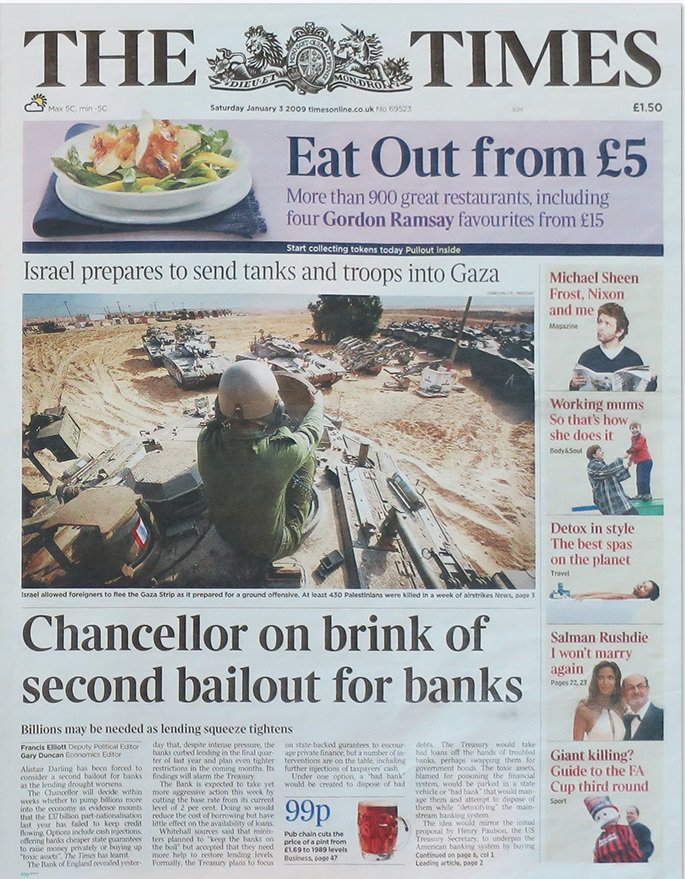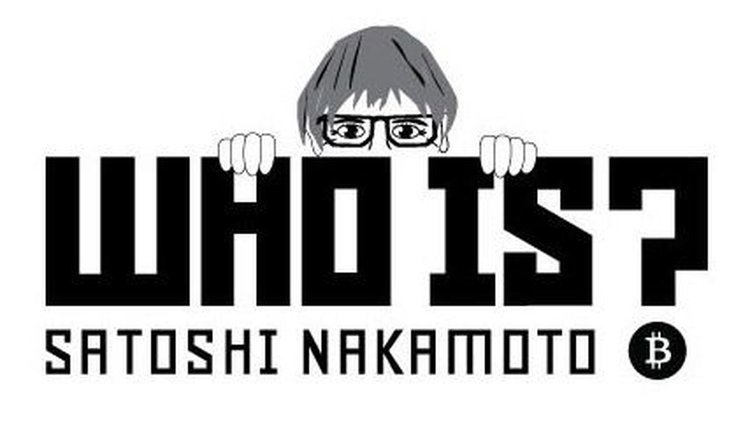On this day nine years ago, quietly, bitcoin and its blockchain network were birthed with block zero, the Genesis Block. Without government permission or wealthy backers, it has generated a quarter trillion in value. In combination with the resultant industry it spawned, comprising thousands of alternatives, cryptocurrency is a seven hundred billion dollar market. Nearly a decade on its creator still remains unknown. More than half a million mined blocks later, enthusiasts can only imagine what is to come in bitcoin’s next nine years.
Also read: 2017: The Year of Altcoins, Forks, and Five Digit Bitcoin Prices

Zero
Pseudonymous Satoshi Nakamoto, perhaps one person, maybe a group, set loose a hinge of human history: the blockchain database and its resultant cryptographic currency, bitcoin. The first block, block zero, and its fifty bitcoin reward, now worth over 700,000 USD as of this writing, was locked, unable to be transacted, and for all time. Saturday, January 3, 2009 at 6:15pm, the Genesis Block also contained, smuggled in the code, text from the morning’s Times of London, a cultural timestamp and allusion to what bitcoin was meant to explicitly address: yet another taxpayer bailout of legacy banking screamed in a below-the-fold headline.

MAY 22, 2010 COMMENTER LASZLO CONFIRMS PURCHASE OF A PIZZA FOR 10,000 BITCOIN
The Great Recession metastasized from the world’s reserve currency, the United States, to all first world nations, and quickly. Shakey investment vehicles, largely in real estate financing with risks insured by governments, proved a moral hazard, taking down the Royal Bank of Scotland, Alliance & Leicester, Merrill Lynch, Lehman Brothers, Freddie and Fannie, among many others.
At least a few people appeared ready for something radical, something different, when it came to organizing one half of all transactions. Money, a main measure of wealth, had been nationalized, tethered to instruments of coercion, of force. The issue in the first decade of the 21st century was divorcing money and state, getting around governments and their incessant push to monitor and control and inflate.

JANUARY 28TH, 2011 WITH BLOCK 105,000 GENERATED JUST OVER A QUARTER OF ALL BITCOIN TO BE MINED ARE IN CIRCULATION
Bitcoin, or something like it, might just be an answer. Despite previous attempts at competing currencies to government money, there was always a central point of failure, a place in its distribution or creation where it became exposed, fragile. Gold, certainly not new, was easily confiscated. Digital cash companies had offices, a creator or head, and were intimidated out of existence. Still others were litigiously hammered by government minders, dragging proponents into court, threatening livelihoods with jail time.
Hard-coded in its origin and open source, bitcoin could be run by anyone. In fact the more people who ran its software, the better. The more nodes in existence, the less points at which the network could be shut down. Passing the mathematical bits back and forth, capping their generation at 21 million units, would become a snap, easy and deflationary. As far as anyone has been able to determine, all of this was done by one person until a little more than a year after creating and maintaining bitcoin, he vanished. By either laws of self-preservation or wanting to obey the logic bitcoin demanded, Satoshi Nakamoto’s disappearing act meant the last limit to anti-fragility was lifted. No one was in control.

Trillion in 2018
Without a patent, no incorporation to limit liability, no billionaire genius bankrolling the project, lacking a visionary CEO spouting words of wisdom, swanky marketing budgets were nonexistent, and exactly no government backing, bitcoin has amassed a quarter trillion in market capitalization. Combined with its spawn, the thousand-plus alternative coins and variations on bitcoin’s theme are approaching seven hundred billion dollars in value. It’s probably not out of the question to assume the trillion dollar mark will be met in 2018.

MAY 8TH, 2012 SATOSHI DICE RESPONSIBLE FOR OVER HALF OF ALL BLOCKCHAIN TRANSACTIONS
Often overlooked is the transfer of wealth. For sure, much of it could be chimera due to, ironically, the very same issue that gave it a reason to exist in the first place: easy government money sloshing about, distorting valuations. Putting that aside for the moment, consider what bitcoin could mean to millions who have just begun investing.
Previously, all real money had been made. Slobs and regular Joes could open a brokerage account, be fee’d to death, and hope for beating inflation, maybe. Onboarding rules. Taxes. Regulations. All of it combined to insulate Wall Street from competition by ordinary people with a little cash. Bitcoin changed that, potentially.

MARCH 23RD, 2013 BITCOIN MARKET CAPITALIZATION TOTALS ONE BILLION
Anyone could receive or earn or buy bitcoin. And the value of that token, coin, payment system would rise. And rise. Crashes? Sure. But its price resilience has ushered in a new era of wealth for a great number of people who never otherwise could have participated. Wall Street, legacy money, was initially kept out due to their regulatory burdens, their protecting of themselves, their arrogance and natural sheep-like behavior. For maybe the first time in recorded financial history, small money was ahead of big money.
The implications of block zero go much further than the above. More remains to be written and studied, obviously. But taking a minute to appreciate participation in an honest-to-goodness historical moment might allow enthusiasts, veterans and newbies alike, to appreciate being active participants.
At what point did you discover bitcoin? Tell us in the comment section below!
Images via Pixabay.
Express yourself freely at Bitcoin.com’s user forums. We don’t censor on political grounds. Check forum.Bitcoin.com.
The post We’ve Come A Long Way – Bitcoin Block Zero Was Born Nine Years Ago Today appeared first on Bitcoin News.










